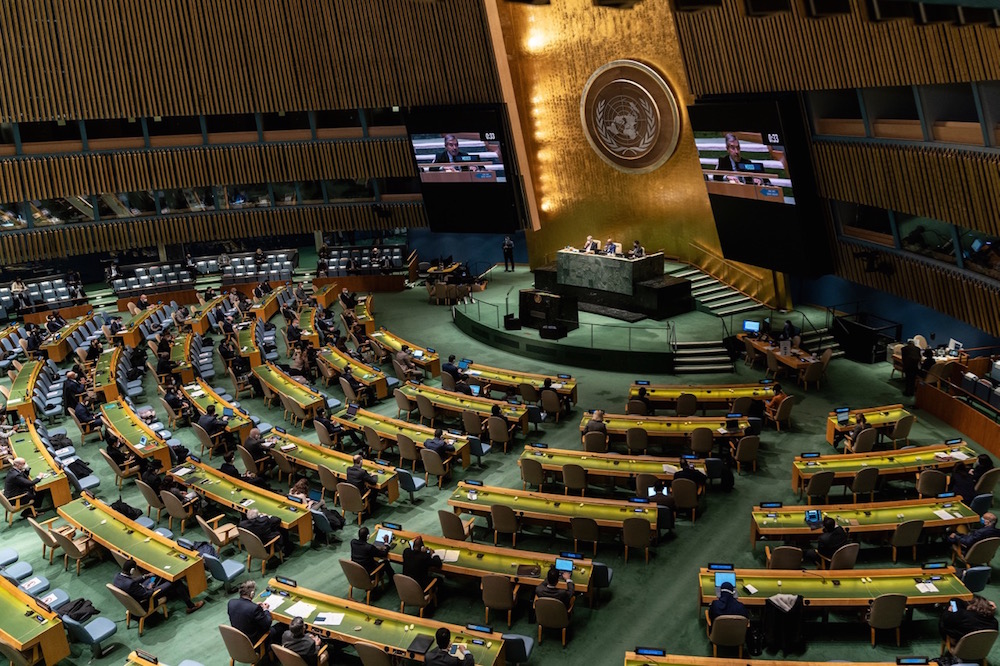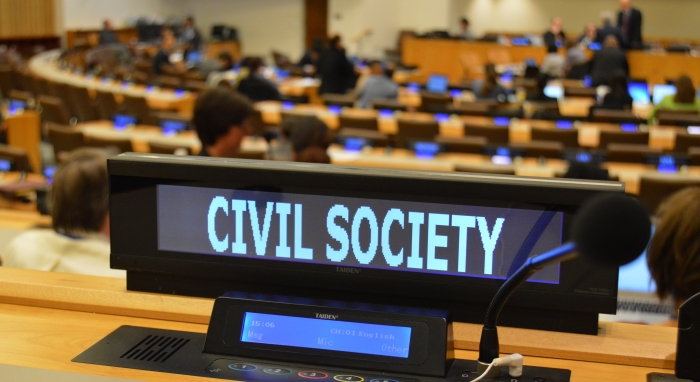On 6 December 2022 Louis Charbonneau of Human Rights Watch wrote about the need to unblock the accreditation of NGOs which are stuck in the NGO Committee of ECOSOC. See also: https://humanrightsdefenders.blog/2022/02/14/towards-a-fairer-selection-of-ngos-to-participate-in-the-un-human-rights-debate/ These applications have been stuck in limbo due to several countries including China, Russia, and India obstructing the accreditation process.
On December 7, ECOSOC’s 54 members will vote on whether to grant UN consultative status to the Gulf Centre for Human Rights, the International Dalit Solidarity Network (IDSN), the Bahrain Center for Human Rights, Coptic Solidarity, the Arab-European Center of Human Rights and International Law, the Andrey Rylkov Foundation for Health and Social Justice, the World Union of Cossack Atamans, Man and Law, and World Without Genocide. These nine groups are among hundreds whose applications were on hold due to interminable questioning from some members of the UN Committee on Non-Governmental Organizations (the “NGO committee”). UN accreditation gives organizations access to many UN buildings, officials, and agencies – and to formally participate in numerous UN activities.
At its September session, the NGO committee rejected the nine groups’ accreditation applications and deferred action on 319 other organizations’ applications.
India has been instrumental in blocking IDSN, which advocates for the elimination of caste discrimination and other forms of discrimination around the world. According to the International Service for Human Rights, IDSN’s application was deferred for 15 years – a record for blocking an organization. The IDSN says it received over 100 questions from the committee, and despite responding promptly to all of them, was always deferred.
The only way out of this limbo is if individual member countries rescue the applications from the NGO committee and force a vote in an ECOSOC plenary meeting, where civil society groups stand a better chance of success. That is what will happen on December 7.
And on 8 December followed the good news:
After years of delay, the U.N. body overseeing economic development and social issues voted Wednesday to give nine human rights and minority groups the right to raise concerns and participate in its discussions, overriding objections from Russia, China, India, Arab nations and others.
The Economic and Social Council approved a U.S. draft decision giving a green light for the nine groups to get “special consultative status” with the 54-nation U.N. body by a vote of 24-17 with 12 abstentions.
The vote accredited Arab-European Center of Human Rights and International Law; Bahrain Center for Human Rights; Coptic Solidarity; Gulf Centre for Human Rights; International Dalit Solidarity Network; and the interregional rights group Man and Law.
https://www.hrw.org/news/2022/12/06/un-member-countries-should-accredit-blocked-human-rights-groups
See also: https://www.swissinfo.ch/eng/ngos-face-uphill-battle-to-gain-access-to-the-un/48318440



